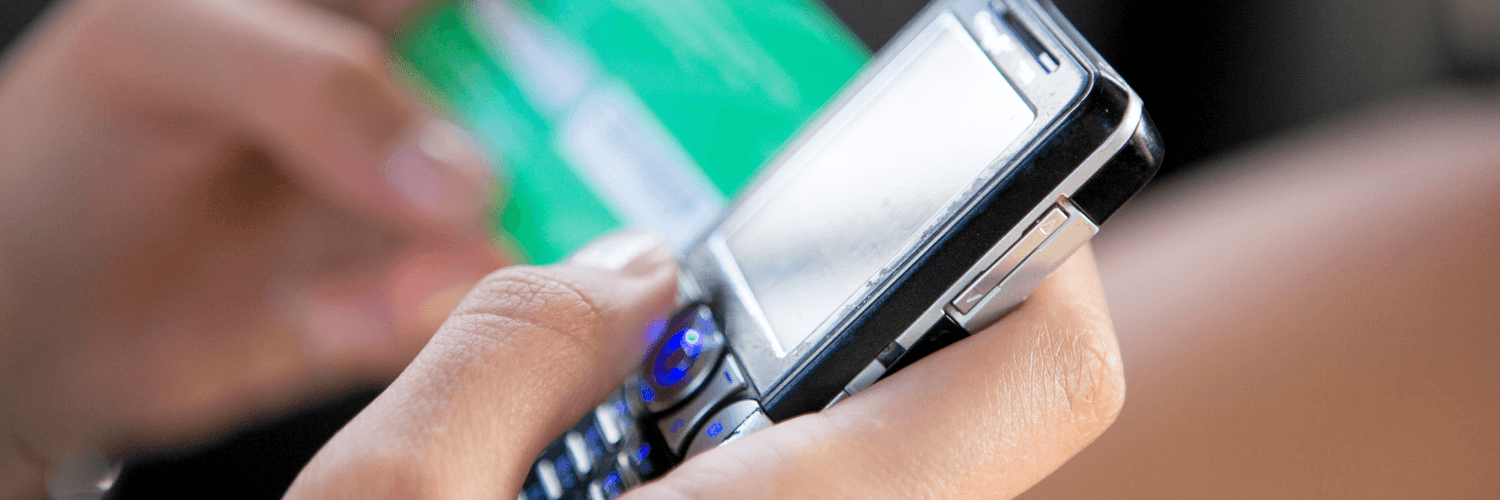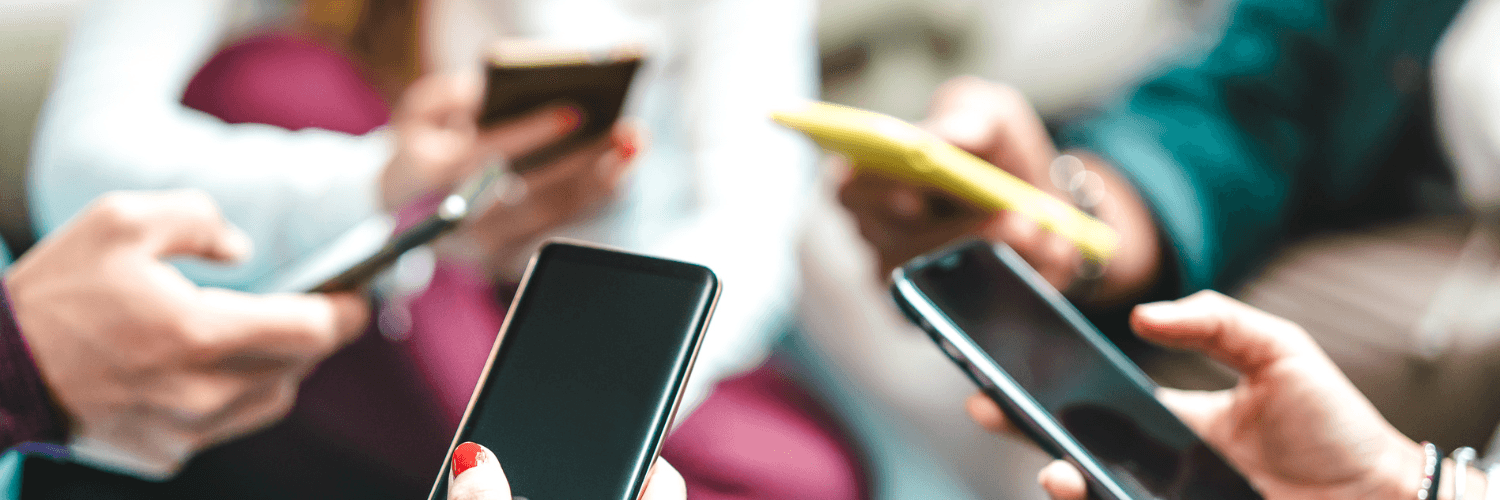You probably associate VPN with bypassing geoblocks and changing your actual location online. This option is used in various countries, including China. If someone in China wants to access Facebook and other portals blocked there, they must use it. Find out how to set up a VPN on your phone.
What is a VPN on a phone?
VPN is an abbreviation for Virtual Private Network. When you connect to the internet using a VPN, you can count on an encrypted and secure connection. This is especially important when using smartphones. After all, they are becoming virtual wallets and data storage – they store mobile banking apps, payment card details, important information, private photos, messages, and many other sensitive data. It's worth knowing that through a VPN, you connect to the internet securely, regardless of your location.
What does a VPN on your phone provide? First and foremost, privacy and the aforementioned security. Imagine this scenario: you're in a shopping mall or at a train station in a big city. Your mobile data package has run out, but luckily there's a public Wi-Fi hotspot. You connect to it – it's a public network, usually not even requiring a password, so pretty much anyone can connect... In such a case, a problem can arise. Let's assume someone with a few hacking tricks does this. If your smartphone is still connected to this network, your data will be an easy target for interception. A VPN on your phone will certainly help avoid such problems.
VPN on a phone – is anyone really not tracking you?
The issue of privacy (who has never used incognito mode in their browser, let them throw their smartphone first!) and the collection of user information (practically every online move) is currently a frequently discussed topic. Internet service providers, Google… Almost every portal processes this data and then, for example, bombards us with ads.
A secure VPN connection on your phone allows you to avoid this type of tracking. It's much more effective than the aforementioned incognito mode. It's worth remembering, however, that the VPN service provider may collect data about your online activity – before using a chosen solution, you should familiarize yourself with its privacy policy.
One click = any location
This is a very well-known and significant advantage of a VPN connection on your phone. If you travel to another continent, you often won't have access to some portals and websites from your home country. A great example is China, where content censorship prevails, including all social media popular in Europe.
However, when you connect via VPN and change the location of that connection, the problem is solved because geoblocks disappear. This solution is also useful in Poland. By using a VPN, you will see content on websites that are blocked for Polish locations. You will use streaming services unavailable here or watch movies and series blocked in Poland, available only on American Netflix.
VPN on your phone and ready-made apps
You can use this solution on smartphones and tablets with Android or iOS. So, how do you set up a VPN on your phone? In the Play Store and App Store, you'll find many applications. Each of them works on slightly different principles and can be provided by different companies. If privacy is important to you, check the policies of these services. Make sure your activities won't be recorded and stored by the provider. Remember that a good quality VPN on your phone should offer 256-bit AES encryption. The availability of servers must also be adequate to the number of users.
How to set up a VPN on your phone?
To set up a VPN on your phone, download your chosen app, e.g., NordVPN, Turbo VPN, SurfShark, ExpressVPN, or Thunder VPN. Each of these programs is available for Android and iOS devices. Now, an important point.
Is VPN free?
Whether a VPN is free depends on the app you want to use. Most often, you'll get free access with limited data transfer. Free options might also have a small number of available servers. This will translate to connection interruptions and generally poor quality. In free packages, you'll also encounter a lot of ads.
You'll have to pay for a good VPN – most often, these are subscription-based fees, e.g., recurring monthly or paid annually in advance. Prices start from around a dozen or so zlotys per month. You can often get a free trial period. Depending on the app, this will be, for example, 14, 30 days, and sometimes even more.
And how to disable VPN on your phone? It's very simple – you don't initiate the internet connection through the VPN app.











